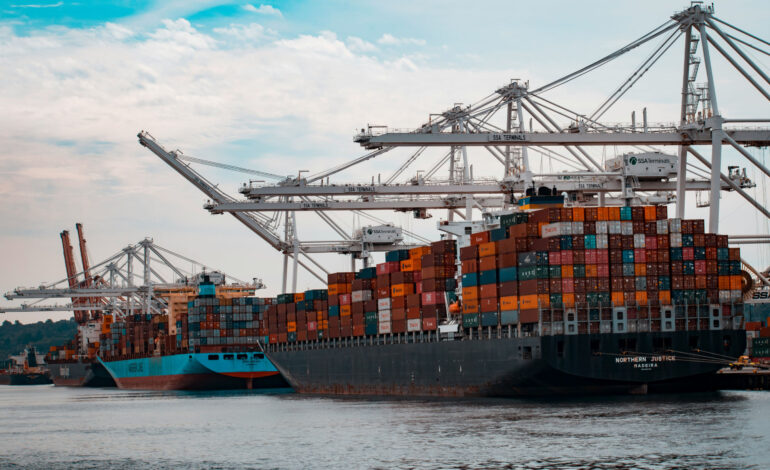
Green Initiatives and their Effect on Bunker Fuel Suppliers
Introduction: In an era where environmental sustainability is paramount, the maritime industry is undergoing a transformation driven by green shipping initiatives. These initiatives, aimed at reducing emissions and promoting eco-friendly practices, have profound implications for all stakeholders involved. Among them, bunkering companies, responsible for supplying fuel to ships, face significant challenges and opportunities. This article explores the effects of green shipping initiatives on bunkering companies and how they are navigating this evolving landscape.
- Regulatory Compliance Burden: Green shipping initiatives, including stringent emissions regulations such as the IMO 2020 sulfur cap, place a heavy burden on bunkering companies to ensure compliance. These regulations require bunkering companies to supply low-sulfur fuels or invest in emission reduction technologies to meet the new standards. Compliance entails additional costs and operational complexities, including retrofitting storage facilities, sourcing compliant fuels, and implementing monitoring and reporting systems. Bunkering companies must navigate these regulatory challenges while maintaining competitiveness and profitability.
- Shift in Market Demand: The adoption of green shipping practices by shipowners and operators is reshaping market demand for bunker fuel. There is a growing preference for cleaner fuels and eco-friendly solutions, driven by environmental concerns and corporate sustainability goals. Bunkering companies must respond to this shift in demand by diversifying their product offerings to include low-sulfur fuels and other environmentally friendly options. This may require investments in infrastructure, technology, and workforce training to meet the evolving needs of their customers.
- Collaboration and Partnerships: Addressing the challenges posed by green shipping initiatives requires collaboration and partnerships within the maritime supply chain. Bunkering companies are forming strategic alliances with shipowners, fuel suppliers, regulatory authorities, and technology providers to develop sustainable solutions and share best practices. Collaborative efforts enable knowledge sharing, innovation, and collective action towards achieving environmental objectives while maintaining operational efficiency and competitiveness. By fostering partnerships, bunkering companies can navigate the complexities of the transition towards greener shipping practices more effectively.
- Investment in Technology and Innovation: To remain competitive in a changing market landscape, bunkering companies are investing in technology and innovation. Advanced monitoring and optimization systems enable bunkering companies to enhance fuel efficiency, reduce emissions, and improve operational performance. Digitalization and data analytics tools provide insights into fuel consumption patterns, allowing bunkering companies to optimize supply chain logistics and inventory management. Additionally, investments in research and development may lead to the development of new technologies and processes to further reduce environmental impact and improve sustainability.
Conclusion: Green shipping initiatives are driving significant changes in the maritime industry, presenting both challenges and opportunities for bunkering companies. From regulatory compliance and shifts in market demand to collaboration and investment in technology, bunkering companies must adapt to meet the evolving needs of the industry. By embracing innovation, fostering partnerships, and prioritizing sustainability, bunkering companies can navigate the complexities of the transition towards greener shipping practices and position themselves for success in the future.





